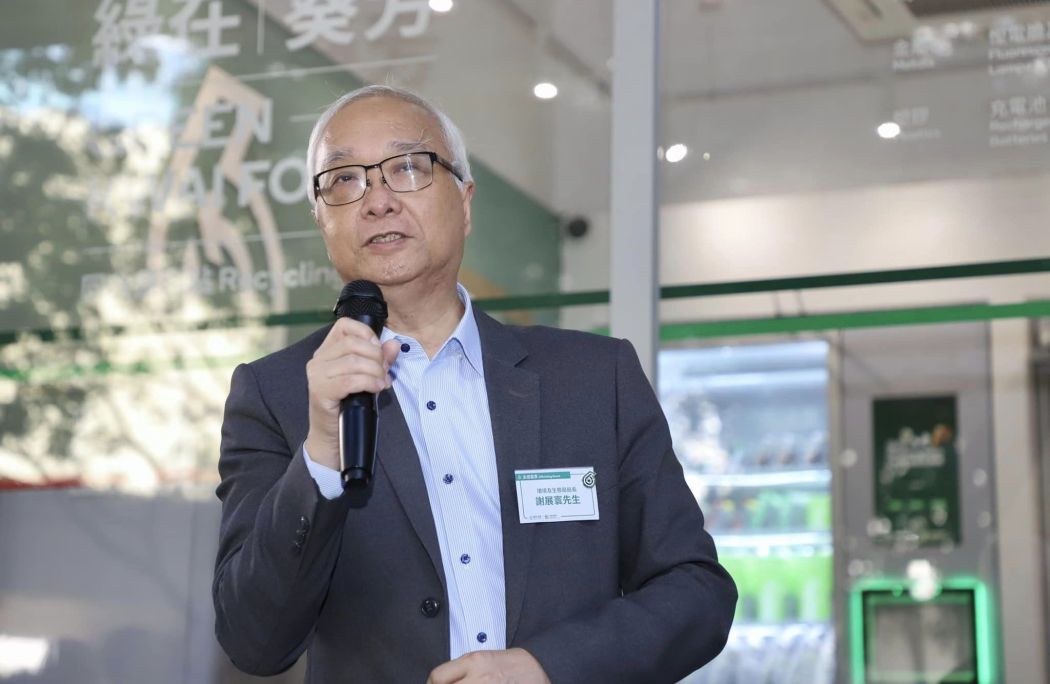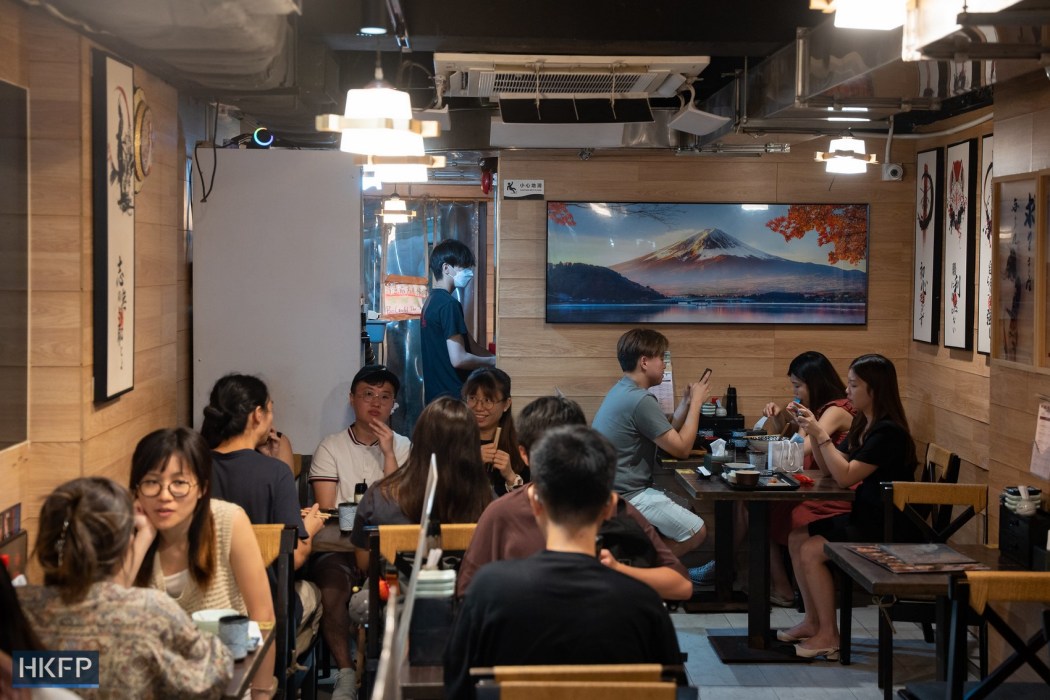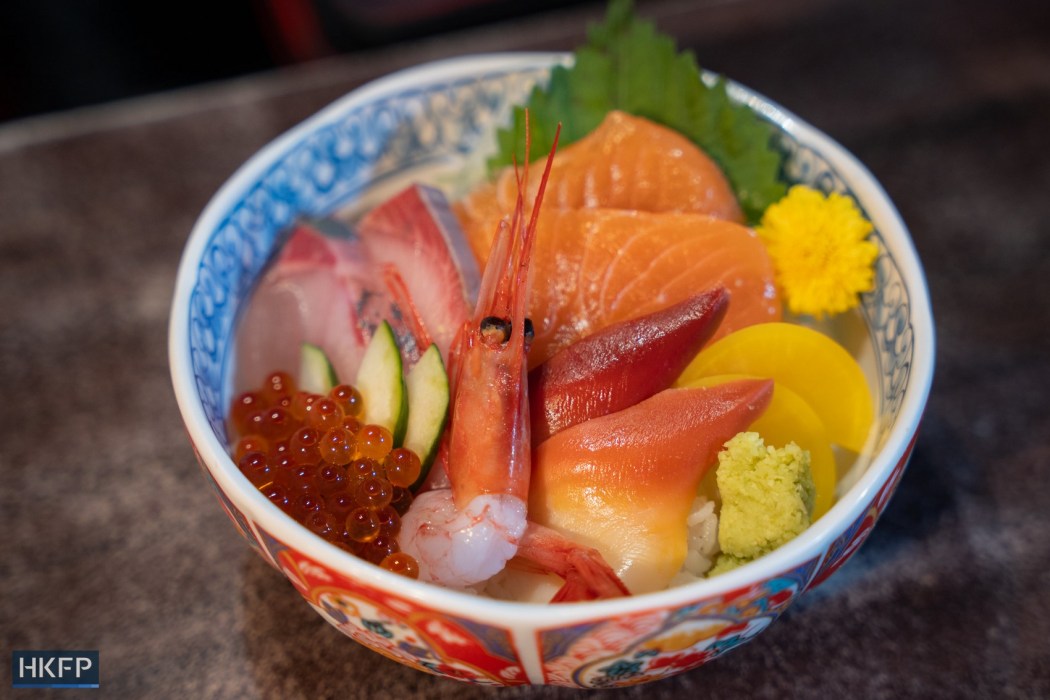Hong Kong has no plans to ease restrictions on Japanese seafood imports, the city’s environment chief has said ahead of the second phase of treated nuclear wastewater being released from the Fukushima plant into the ocean.

Speaking to reporters in Cantonese on Wednesday, Secretary for Environment and Ecology Tse Chin-wan reiterated the government’s opposition to Japan’s “unilateral” decision to release wastewater from the Fukushima nuclear plant.
“The ball is in Japan’s court. If Japan does not change its ways, I don’t see that we are under any condition to [relax the bans],” Tse said.
While the international reaction to Japan’s discharge of treated wastewater – used to cool reactors at the Fukushima Daiichi nuclear power plant after it was damaged by a tsunami in 2011 – has been muted, Hong Kong has banned seafood imports from 10 places in Japan.
The restrictions cover the north-eastern Japanese prefecture of Fukushima as well as neighbouring Miyagi, Nagano and Tokyo. China, meanwhile, has banned Japanese seafood imports entirely.

Japan’s first phase of releasing the treated wastewater lasted from late August until mid-September. The second phase will begin on Thursday, the country announced earlier.
“If the [Japanese] government really continues to discharge the nuclear-contaminated water tomorrow, we have no choice but to continue banning seafood from 10 places in Japan… to ensure food safety and hygiene in Hong Kong,” Tse said.
The United Nations’ nuclear watchdog said in July that Japan’s move was in line with international standards, while the plant operator has also said the radioactivity levels of samples was well within safe limits.

As for how long the bans would be maintained, the environment chief said it depended on Japan’s actions.
When asked if the government would provide financial support for restaurants affected by the bans, Tse said he had spoken with industry representatives and that there was no major effect on restaurants’ business. He added that the government had been in communication with industry representatives early on, so they were able to prepare and adjust food supply.
The Hong Kong government now conducts “comprehensive radiological tests” on all aquatic products from Japan. All samples tested have so far passed inspections.
Support HKFP | Policies & Ethics | Error/typo? | Contact Us | Newsletter | Transparency & Annual Report | Apps
Help safeguard press freedom & keep HKFP free for all readers by supporting our team

LATEST FROM HKFP
HKFP has an impartial stance, transparent funding, and balanced coverage guided by an Ethics Code and Corrections Policy.
Support press freedom & help us surpass 1,000 monthly Patrons: 100% independent, governed by an ethics code & not-for-profit.










